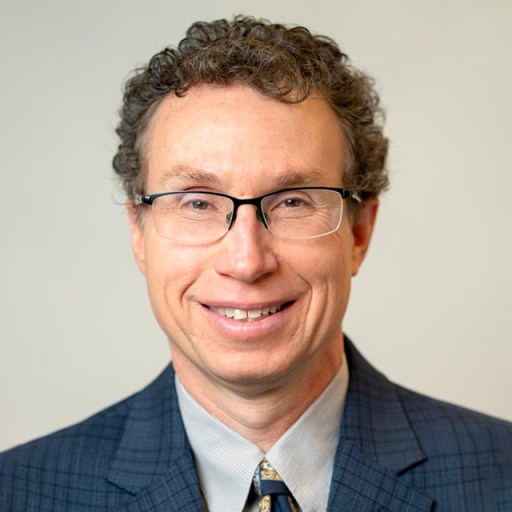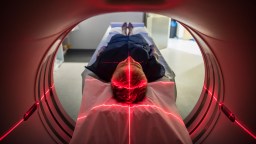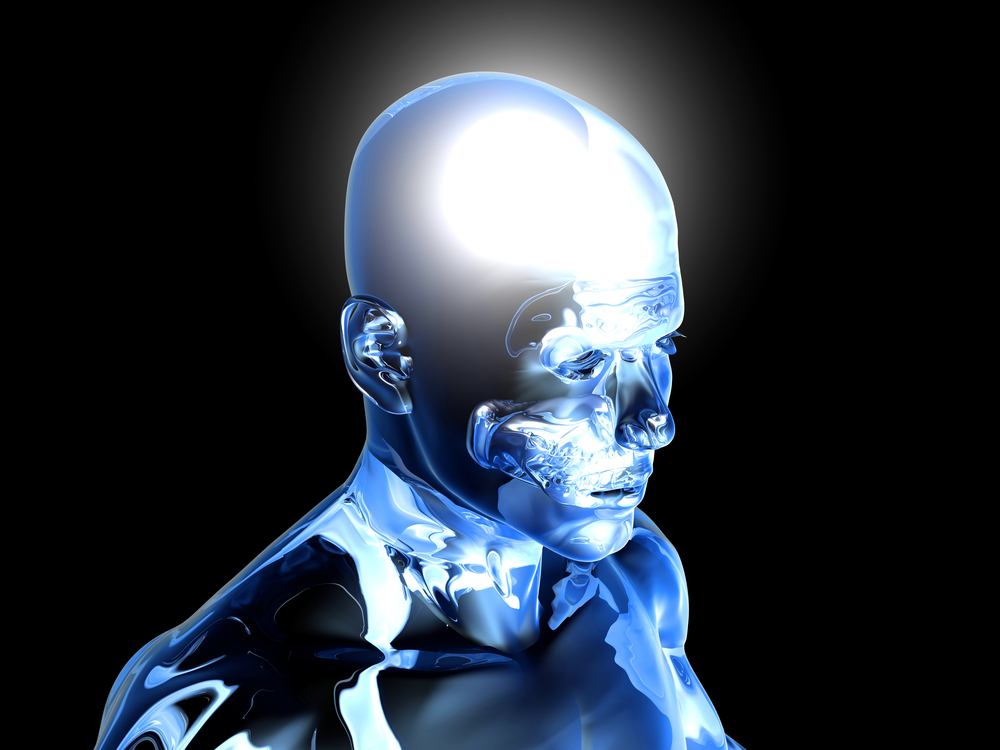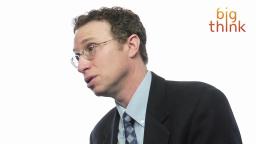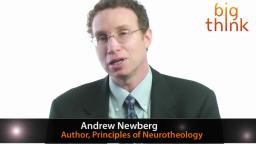Andrew Newberg
Director of Research
Dr. Andrew Newberg is the director of research at the Jefferson Myrna Brind Center of Integrative Medicine and a physician at Jefferson University Hospital. He is board certified in internal medicine and nuclear medicine. Andrew has been asking questions about reality, truth, and God since he was very young, and he has long been fascinated by the human mind and its complex workings. While a medical student, he met Dr. Eugene d’Aquili, who was studying religious experiences. Combining their interests with Andrew’s background in neuroscience and brain imaging, they were able to break new theoretical and empirical ground on the relationship between the brain and religion.
Andrew’s research now largely focuses on how brain function is associated with various mental states—in particular, religious and mystical experiences. His research has included brain scans of people in prayer, meditation, rituals, and trance states, as well as surveys of people's spiritual experiences and attitudes. He has also evaluated the relationship between religious or spiritual phenomena and health, and the effect of meditation on memory. He believes that it is important to keep science rigorous and religion religious. Andrew has also used neuroimaging research projects to study aging and dementia, Parkinson's disease, epilepsy, depression, and other neurological and psychiatric disorders.
Dr. Newberg has published over 100 research articles, essays and book chapters, and is the co-author of the best selling books, Why God Won't Go Away: Brain Science and the Biology of Belief (Ballantine, 2001) and How God Changes Your Brain: Breakthrough Findings from a Leading Neuroscientist (Ballantine, 2009). He has presented his research throughout the world in both scientific and public forums. He appeared on Nightline, 20/20, Good Morning America, ABC's World News Tonight, National Public Radio, London Talk Radio and over fifteen nationally syndicated radio programs. His work has been featured in Time, Newsweek, the Los Angeles Times, the Washington Post, the Philadelphia Inquirer, and many other newspapers and magazines.
His newest work is How Enlightenment Changes Your Brain: The New Science of Transformation.
